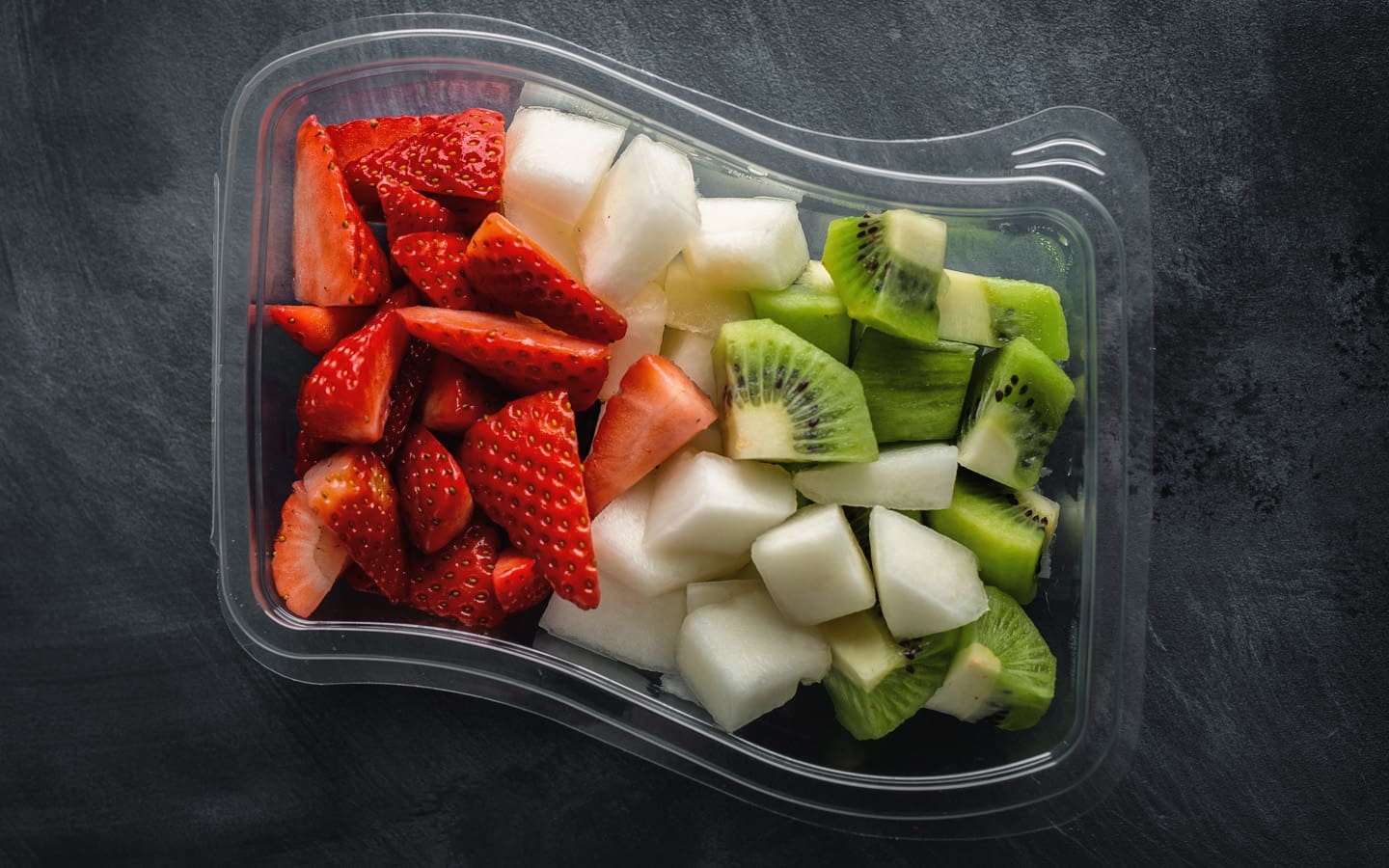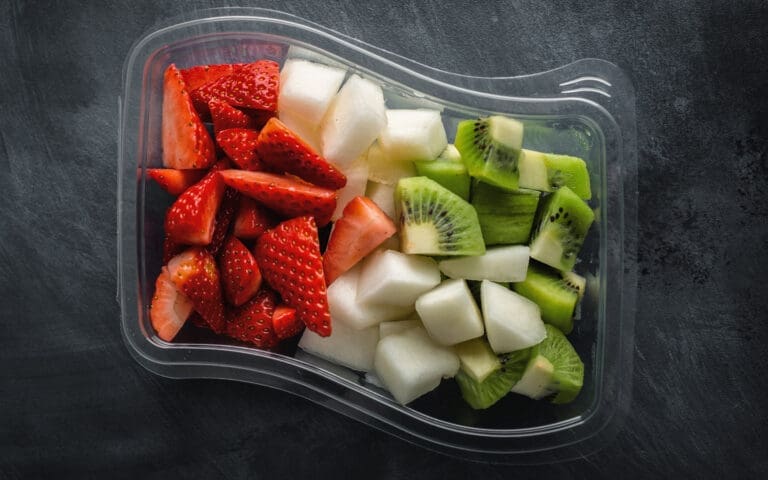Some items at the supermarket come with price tags that are way higher than they should be, often without shoppers even realizing it. Whether it’s due to branding, packaging, or simple convenience, many products are significantly marked up compared to their actual value.
The good news? Once you know which items are the biggest offenders, you can shop smarter and avoid paying more than necessary. By reading our list, you’ll discover 20 overpriced grocery items that aren’t worth the extra cost—and what you can do to save money instead.
20. Baked Goods
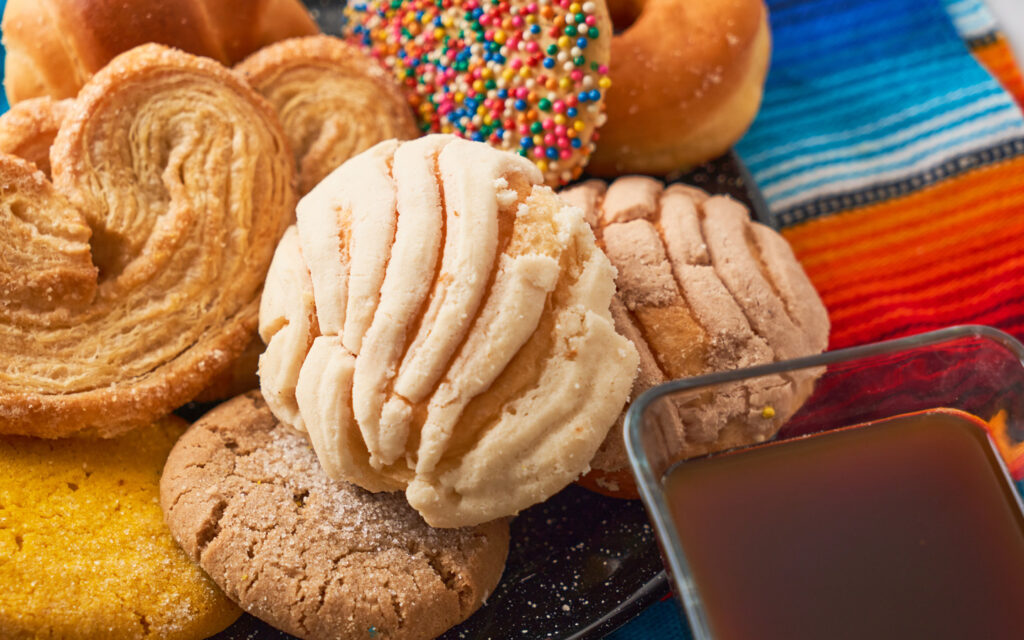
Many supermarket chains feature their bakery departments. It’s hard to resist the intoxicating aroma of baked goods fresh and warm out of the oven. But you can get that same sensation and just as fresh at home for a lot cheaper. If you can spare an hour of your time, you can avoid overpaying.
19. Beauty Products

Where you purchase your beauty products matters. Something as simple as a bottle of common shampoo, like Pantene (which once was only sold in salons) can vary widely. Some chain grocery stores charge more than triple the price for a bottle than what it costs at Walmart. You might want to look at discount coupons from drugstores, too.
18. Cooking Supplies
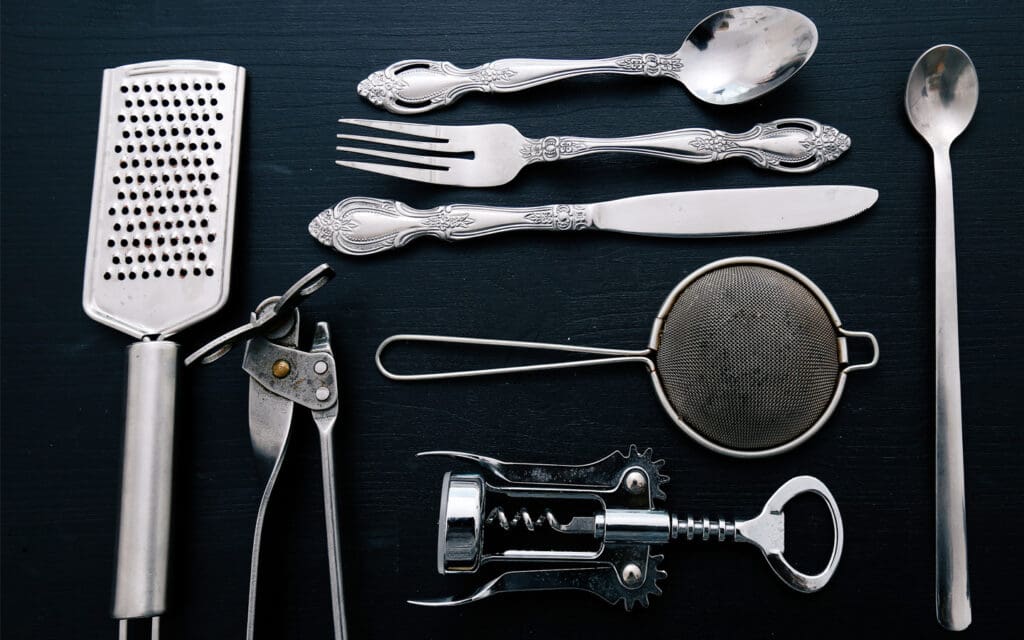
Cooking supplies, like tools, are always overpriced at grocery stores. This is because many of these types of items are stocked at supermarkets by “rack jobbers.” These are vendors that rent aisle space in a store to display and sell their goods. Because you’re dealing with a middleman, the markup is high.
17. Prepared Foods
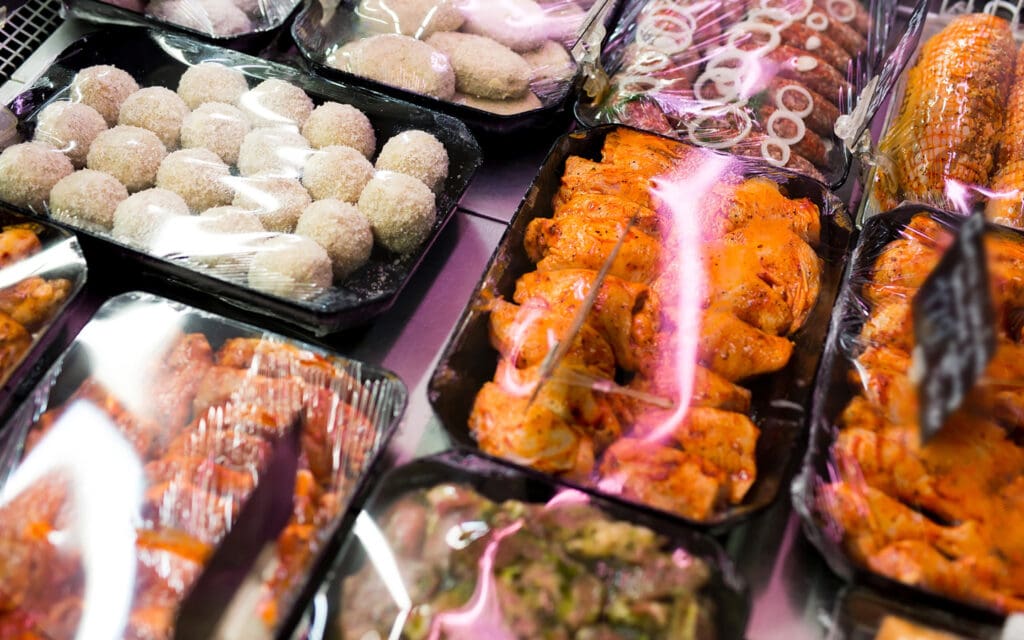
Many grocery stores feature ready-to-eat meals, hot-bar items, and other prepared foods, such as potato salad. But you could save up to 90% on these items by preparing yourself. Not only that, your homemade version can be prepared with the freshest ingredients and your own nutritional concerns in mind.
16. Precut Fruit and Produce
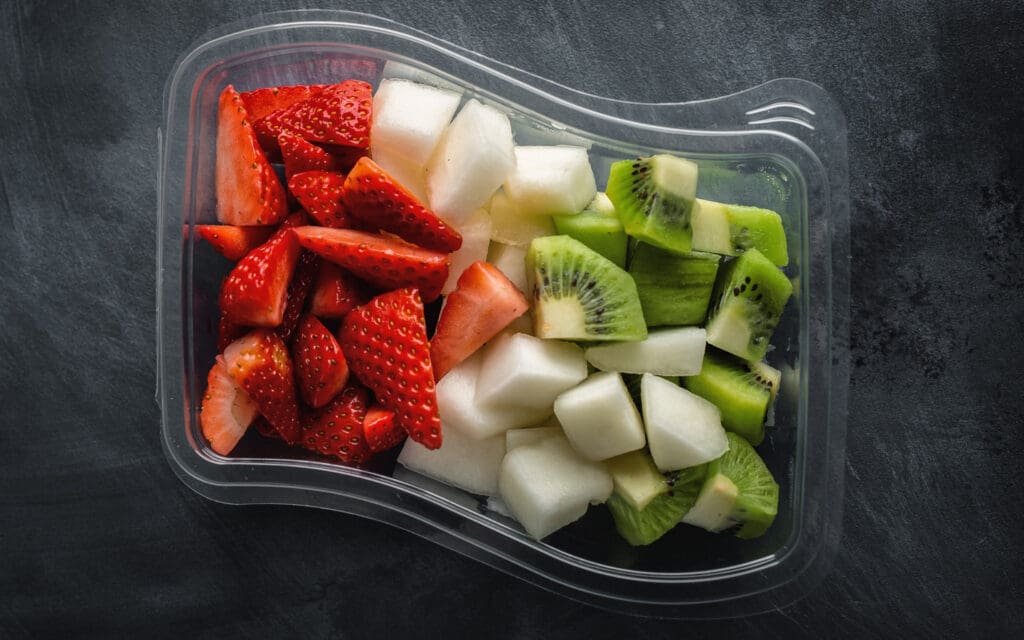
Purchasing fruit or produce that has already been peeled and sliced for you might be convenient, but you’re paying an astronomical price for it. For example, a seeded watermelon typically costs 31 to 38 cents per pound. A high-end grocer charges $6.16 for a single pound of fresh-cut watermelon chunks.
15. Greeting Cards

Sure, it’s convenient to pick up a birthday card while you are grocery shopping. But chain stores have a limited space and only carry a small number of cards. Therefore, they offer the more expensive cards that sell for top dollar. You can find 2-for-1 deals for $1 at — wait for it — a dollar store.
14. Organic Fruit and Produce
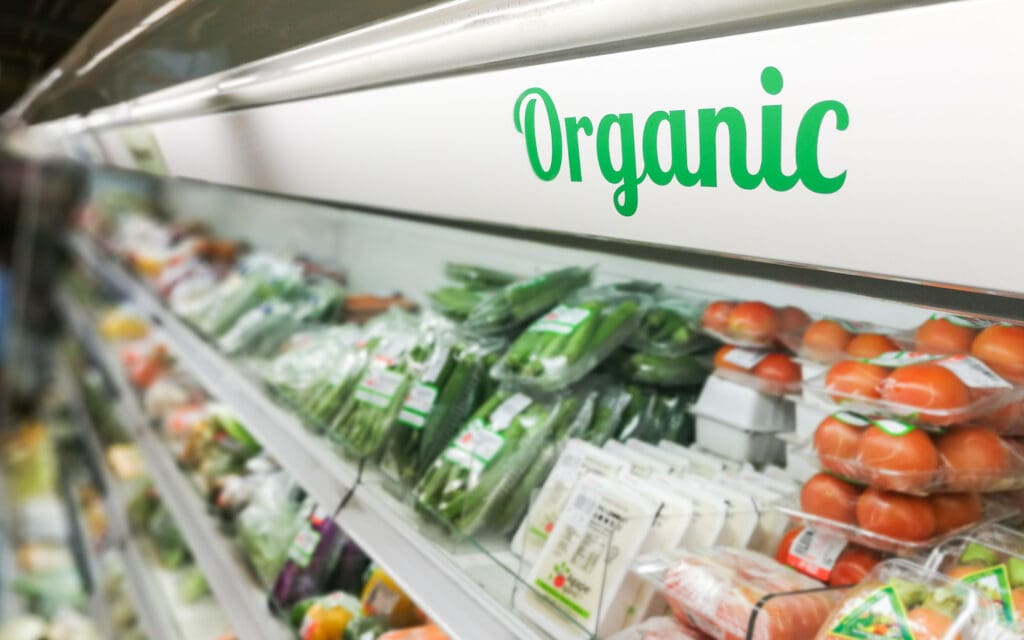
People naturally expect to pay more for organic fruit and produce. That’s not the issue. Where you purchase your organic items matters. Supermarkets typically have a much higher price tag for organic products than a health specialty store. Places like Trader Joe’s or Whole Foods can sell cheaper because these items are more in demand there.
13. Over-the-Counter Medications

Grocery stores are notorious for inflating the prices of over-the-counter medications. Even their house-brand generic medications. Typically, they range between 15% – 30% more expensive than generic brands found at a drugstore or discount store. Generic medications offer the same active ingredients in the same concentration that name-brand products do.
12. Paper Products
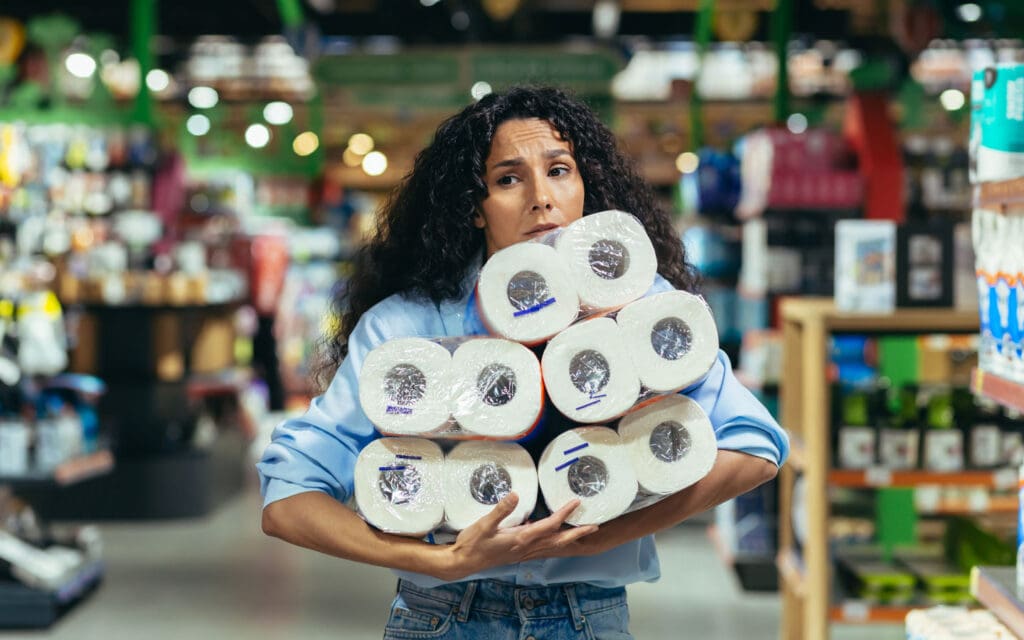
Many people are unaware that disposable, non-food items such as paper towels and toilet paper are significantly higher at a grocery store. You can save significantly by buying in bulk at stores such as Costco. If you can’t do that, look for coupons and sales. Also, check the per-unit pricing.
11. Pet Food
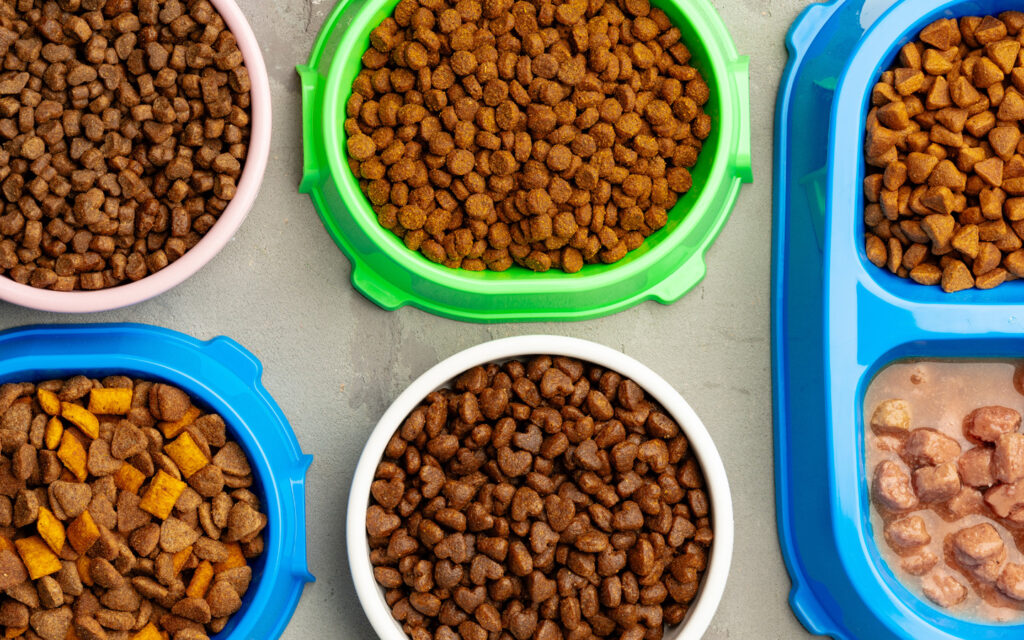
Grocery stores also significantly markup the price of pet food. (Ditto for places like tractor supply). You can save by purchasing in bulk from places like Amazon. For example, a can of Purina Friskies cat food is 90 cents at Kroger, but only 70 cents from Amazon. Sites like Chewy also offer discounts for auto-ship subscriptions.
10. Laundry Detergent

It’s convenient to pick up laundry detergent at the supermarket but you’re definitely overpaying. You can find regular-sized detergent cheaper at Target or Walmart. But for the best savings, buy in bulk at places like Costco or Amazon. Look for coupons or download a grocery shopping app to save even more.
9. Cereal
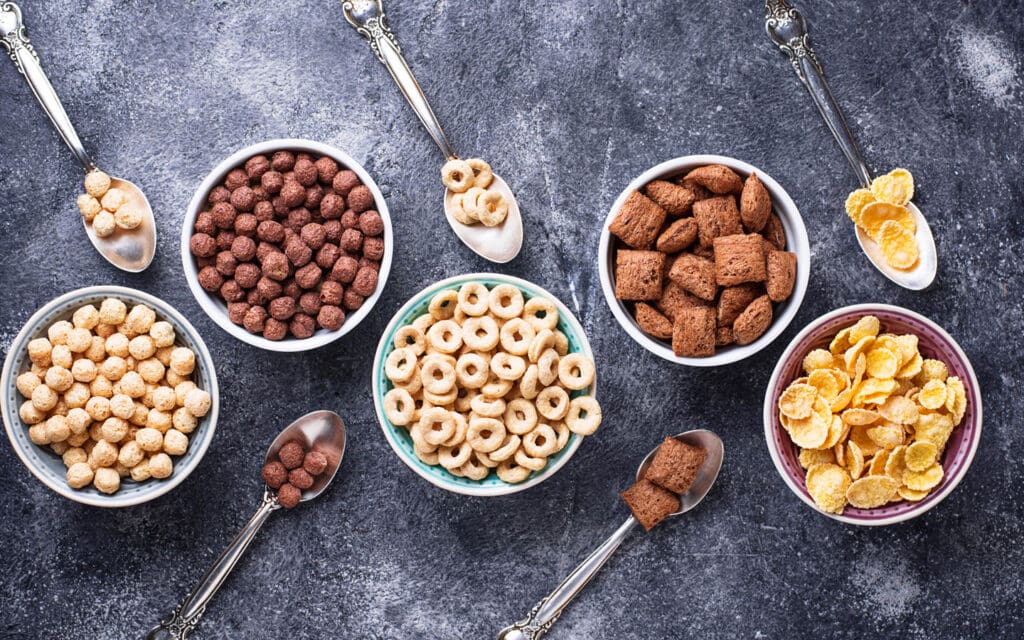
Grocery stores are definitely overcharging for cereal. And over the past year, the price of cereals has increased 15%, according to the Consumer Price Index. Costco won’t save you money either. The solution is discount grocers. Even better, if you can eat a generic brand versus a name brand, you’ll save even more without giving up ingredients or nutrition.
8. Light Bulbs
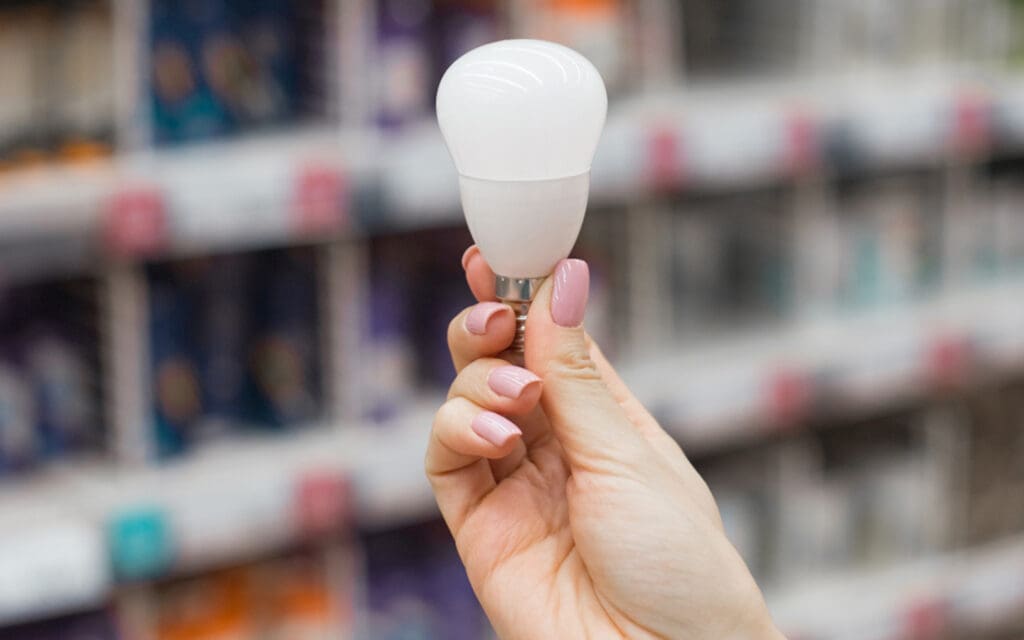
Compared to other stores, supermarkets typically markup the cost of light bulbs by a whopping 60 percent. Discount stores, especially dollar stores, are places where you can save a bundle on light bulbs. The good news is, there is no expiration date, so you can stock up and buy in bulk.
7. Batteries

Supermarkets know people like the convenience of grabbing batteries while grocery shopping, so they add a hefty markup. You can purchase batteries cheaper at warehouse stores, or for a fraction of the cost at the dollar store. Batteries typically have a 10-year shelf life, so stock up. (Read the label for the expiration date).
6. Picture-Perfect Produce
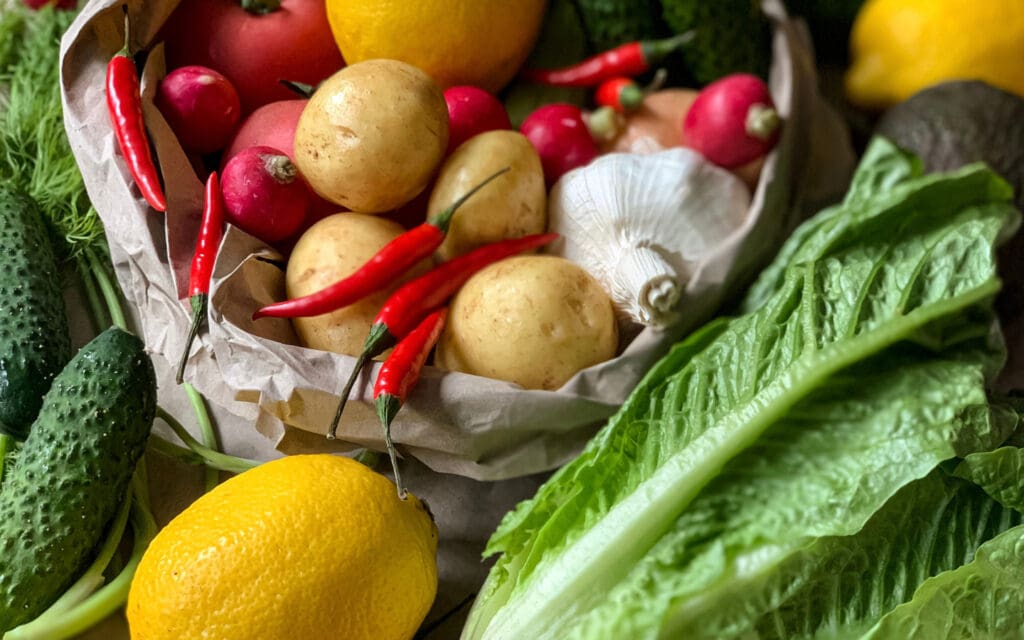
The big chain grocery stores are more selective about the “look” of the produce they display because they can sell it higher. But “pretty” produce doesn’t mean it’s better. And you’re going to pay a lot more for it. There’s nothing wrong with less-than-picture-perfect-looking produce, and you can save up to 50% at discount supermarkets, including Walmart.
5. Bottled Water
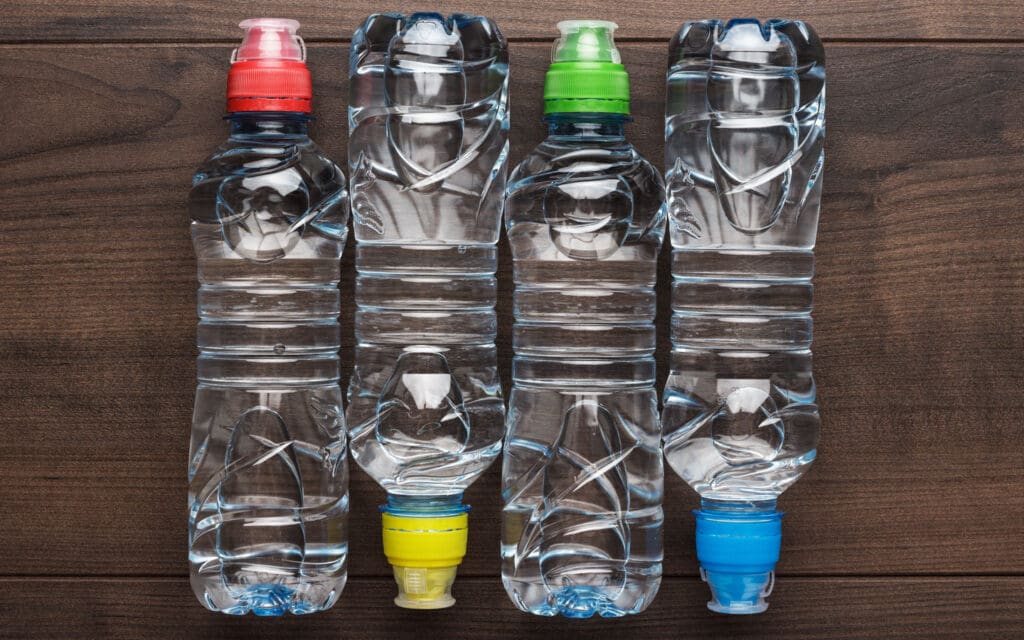
Studies have proven bottled water is no safer, healthier, or cleaner than tap water. Yet, it’s the most overpriced item at grocery stores. You can save a bundle by adding a filter to your faucet or refrigerator. Even easier, get a filtered pitcher you fill from your tap and keep it in your refrigerator.
4. Fresh Seafood
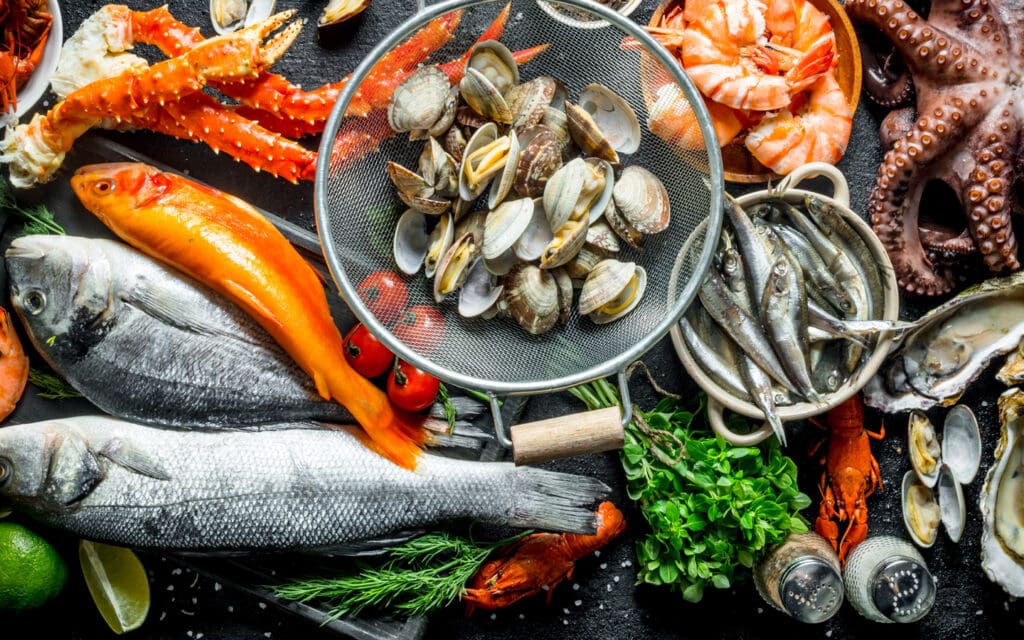
Don’t be fooled by your supermarket’s fresh seafood counter. All the fish that arrives at grocery stores is frozen when it gets there and is thawed to present on ice. Fish from the frozen foods section has stayed frozen and can save you between 35%-40%. It’s actually the superior choice.
3. Fresh Meat
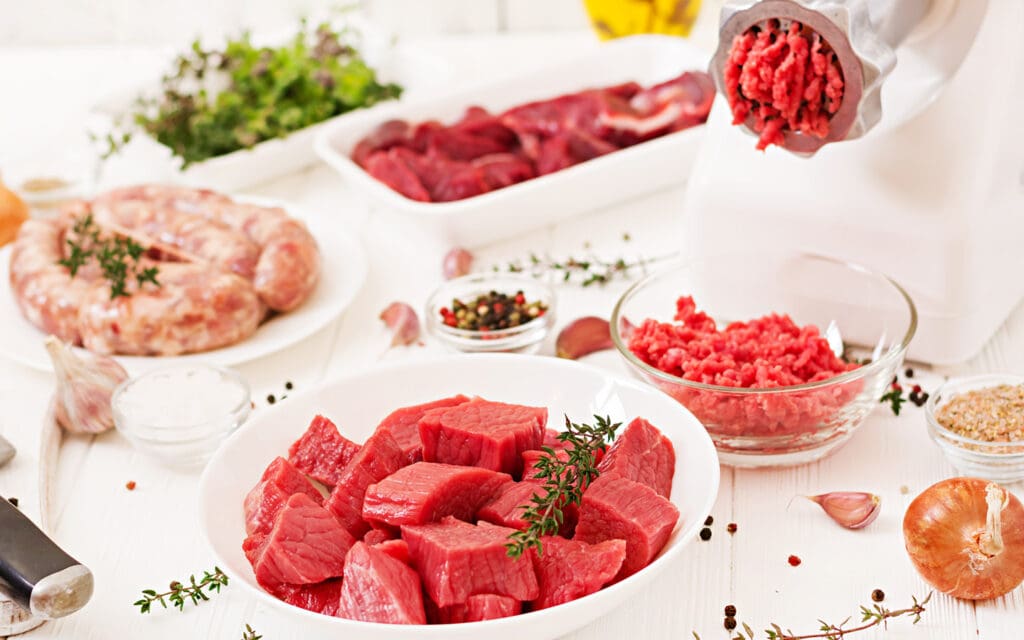
There is a significant markup on meat depending on the type, cut, and quality. Any meat you get from the butcher or deli comes with a cost premium. Even packaged items in displays require human beings and raise the cost. Purchasing frozen meat can save you anywhere from 25% to 35%. Purchasing in bulk also saves.
Read More: Stock These Foods in Your Pantry for Emergencies
2. Specialty and Fancy Cheeses
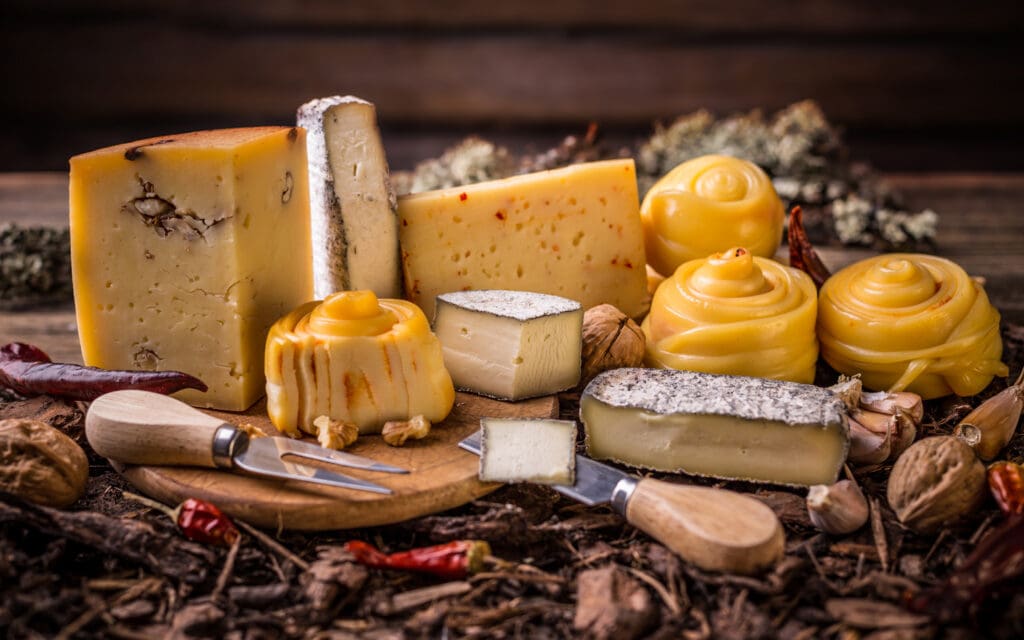
The FDA has strict regulations on dairy products. Therefore, whether a cheese is basic or fancy, it has to adhere to the same rigorous criteria of permitted ingredients and production. That means your generic brand of Swiss, cheddar, or mozzarella follows the same standards as the fancy brand while saving you about 40%-45%.
Read More: You Are Wasting Too Much Time Being Frugal
1. Alcohol
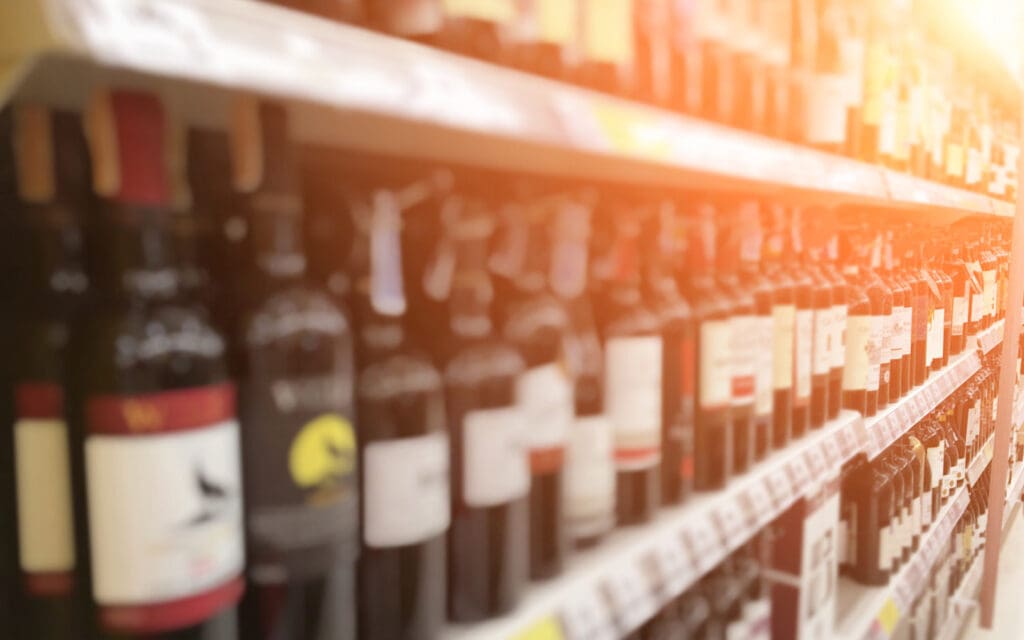
While alcohol is typically much less expensive at a grocery store compared to a liquor store, it’s not the cheapest place to buy booze. The markup is around 25 percent. Purchasing alcohol at discount clubs and warehouse stores can save you a bundle. Typically, you have to buy in a higher volume, but alcohol does have a good shelf life.

